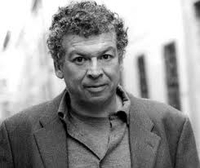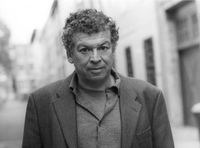Novelist Goldman (The Divine Husband
, etc.) pursues in his first nonfiction book the infamous murder of Bishop Juan Gerardi, the Guatemalan human rights leader murdered after the release of his multivolume report on the genocidal terror campaign led by the army in the 1980s and '90s, in which 200,000 people disappeared or were killed. The book, which began as a New Yorker
piece, casts light into the darkest corners of this tortuous case, the U.S.-supported war in Central America and the continuing legacy of violence and corruption. The large cast and myriad details can be overwhelming, but overall Goldman manages a clear narrative (aided by a “dramatis personae” and chronology). Drawing on a wealth of sources, including interviews, declassified documents and court records, his meticulously researched book is an impressive organizational achievement, as well as a vital moral accounting. Goldman—who was baptized in Gerardi's church of San Sebastian, attended by his Guatemalan-born mother—invests this eye-opening account with a layer of personal reflection. Like Latin American writers García Márquez, Vargas Llosa or Carlos Fuentes, his journalism isn't so much a departure from his fiction as an extension of his concerns with the fraught landscapes where “truth” is as contested as the soil underfoot, yet central to battles waged over it. (Sept.)



